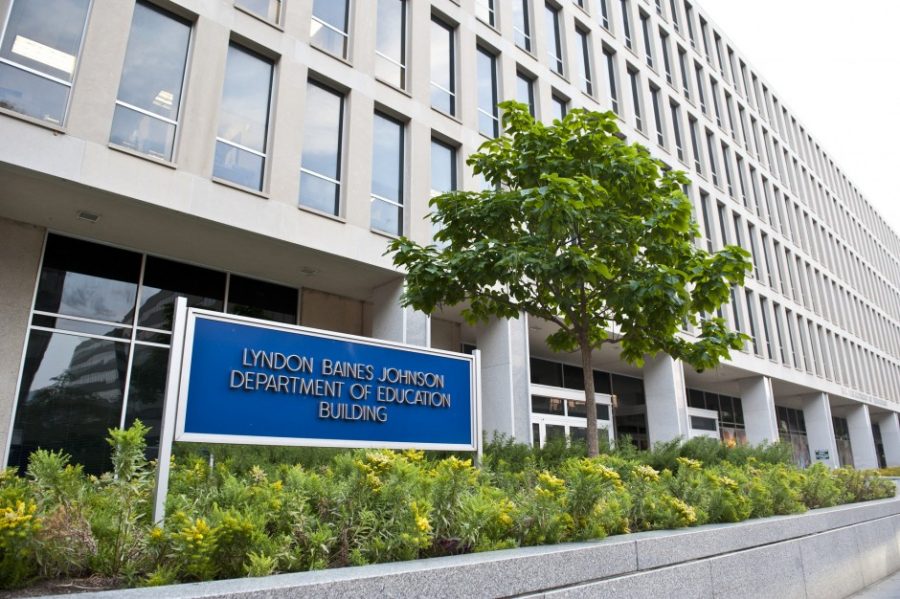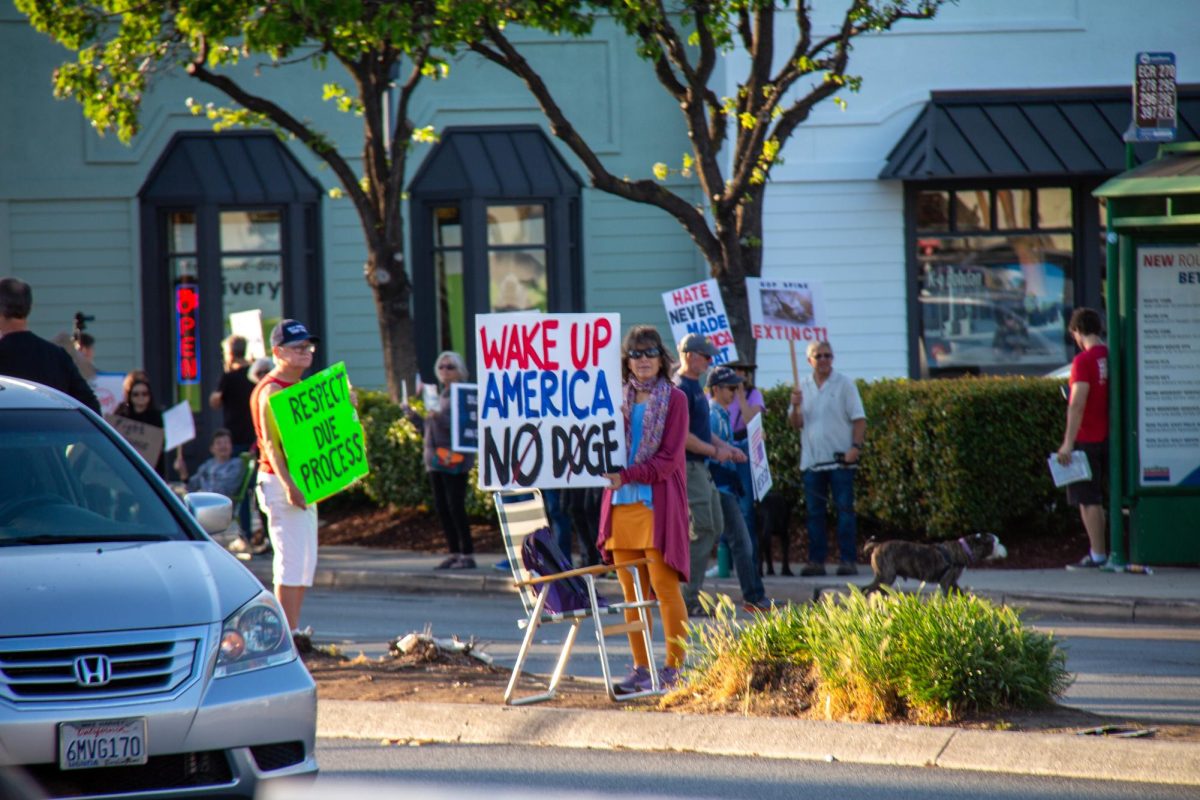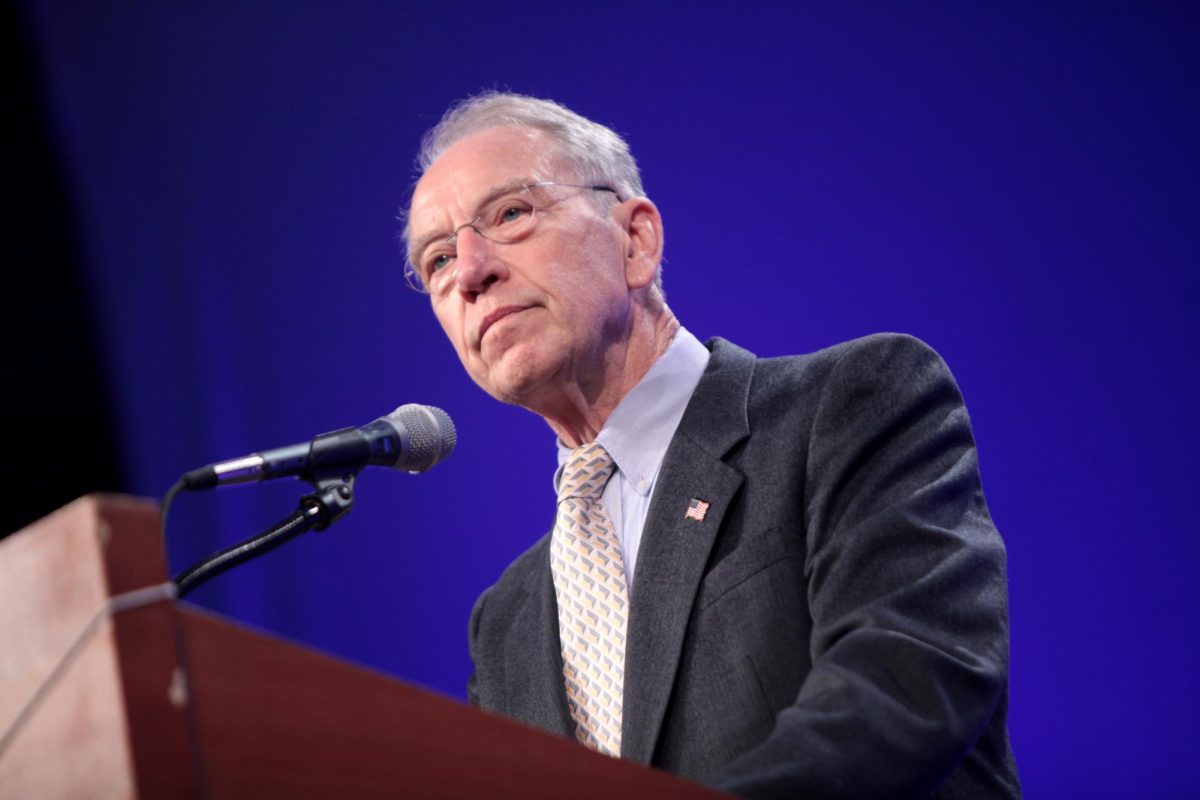WASHINGTON D.C.- Student loans could soon become a lot riskier, following Education Secretary Betsy Devos’ decision to terminate the Education Department’s cooperation with the Consumer Financial Protection Bureau.
According to the Pew Research Center, Americans owe over $1.3 trillion in student debt. Going to college has become synonymous with taking out large loans for many in the American working and middle classes. This borrowing can impact the rest of people’s lives, as it is not uncommon for people to carry student debt for decades after graduation.
But, in 2011, the Department of Education, under the Obama administration, began cooperating with the federal government’s Consumer Financial Protection Bureau (CFPB) to regulate a student loan industry they suspected of unfairly treating borrowers. For example, the CFPB informed borrowers of their rights when applying for a loan and ensured that lenders didn’t discriminate based on gender, ethnicity, or other factors. These efforts, however, came to an abrupt end last month when Education Secretary Betsy Devos cancelled her department’s partnership with the CFPB.
Zorina Matavulj, a college counselor at Woodside, worries how this change will impact student loans, which she views as an important part of many students’ chances to go to college.
“In no way am I saying that… …students should get as many loans as they want,” she said. “They need to borrow reasonably. But when they do [borrow], there have to be safeties in place.”
Students also recognize the potential negative impact of this shift in policy.
Jordan Anagnostou, a senior unsure whether or not he will need loans for college, admits that this change could differently impact students of different background: “I think it will negatively affect some students, [but] I think for some students it won’t matter at all.”
Evelyn Vasquez plans on taking out loans before going to college, in addition to applying for government financial aid grants. She worries how this might affect her ability to afford tuition.
“I’m applying for FAFSA, student loans, financial aid and stuff like that, and I feel like student loans are [very] helpful for me,” Vasquez told the Woodside World. “So if the government is… …taking off these [regulations], it would definitely make [going to college] a lot harder.”
Matavulj also expressed her worries about how unprepared many students are as they begin looking into universities and their cost.
“Students are very unfamiliar with the financial [options],” she shared. “You’re 17, and your mom and dad take care of a lot. You’re just starting to learn about these things.”
Students planning on applying for student loans also voiced their displeasure with how the change would unfairly expose students from lower socioeconomic backgrounds to more potential risks and costs. They argue that since the wealthy won’t have to take out any student loans, students of less means will bear the brunt of the effects of deregulation.
“I don’t feel like they’re thinking about the people that don’t have the resources that others do have,” Vasquez shared. “I feel like that [the full financial weight of college] shouldn’t be put on [them].”
From the perspective of a college counselor who has worked with hundreds of graduating seniors and helped many afford a higher education, Matavulj worries how deregulation will lead to lenders taking advantage of young people without a stable job.
“Students need as many protections as they can get,” she explained. “It’s really, really hard to pay something [like loans] back when you’re 22 years old. If they have a ‘catch-all’ (laws implement broader protections for borrowers), that’s much better.”









